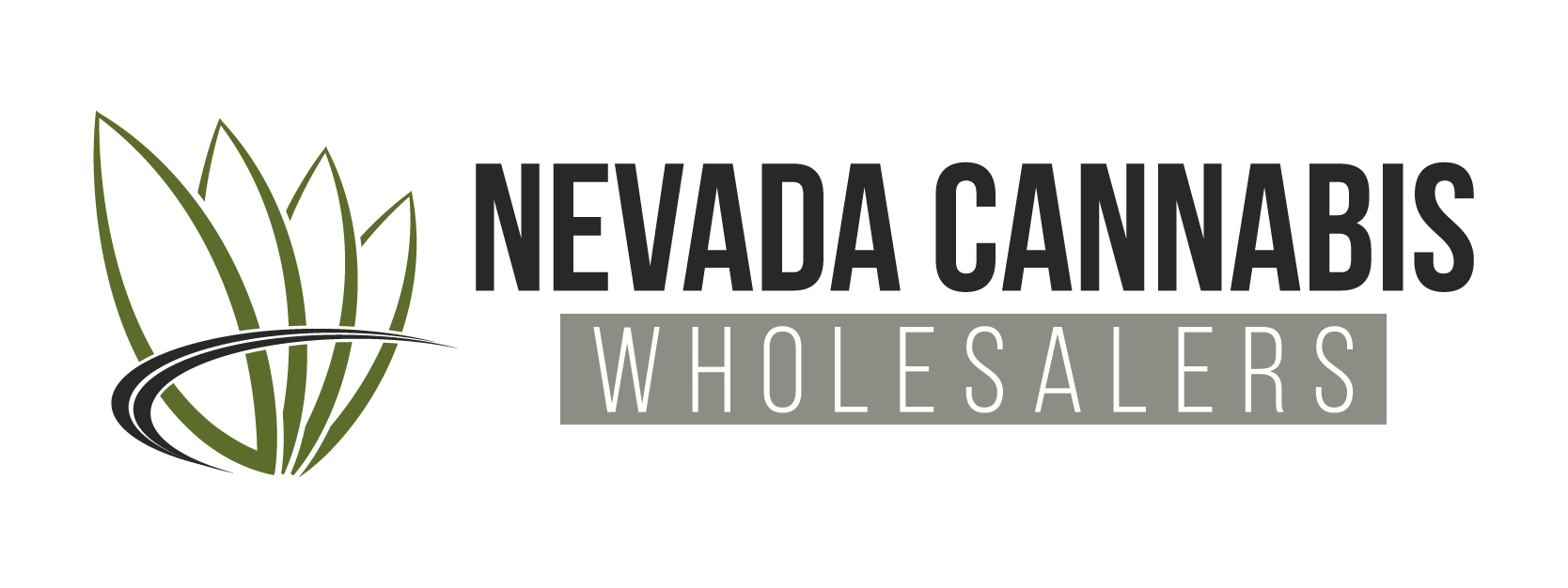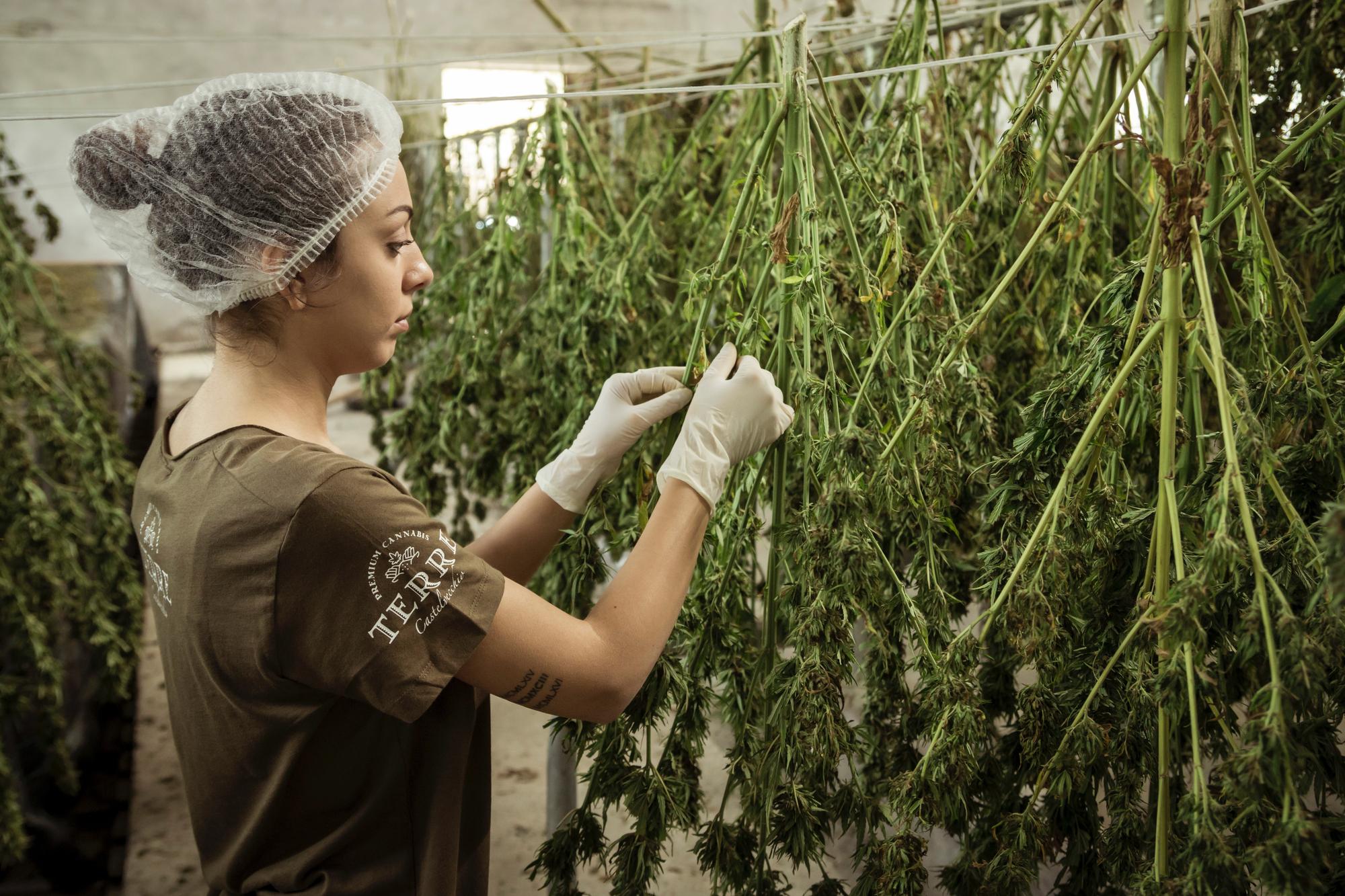Nevada’s cannabis wholesale market has been one of the most dynamic in the United States since the state legalized recreational use in 2017. Anchored by Las Vegas, a global tourism hub, wholesale operations in Nevada must balance unique consumer demand, desert climate challenges, and evolving state regulations. As the industry matures into 2025 and beyond, wholesalers are preparing for shifts in consumer behavior, regulatory adjustments, and competition from both in-state and multi-state operators.
A Market Driven by Tourism and Local Growth
Tourism continues to be a defining factor in Nevada’s cannabis industry. According to data from the Nevada Cannabis Compliance Board (CCB), sales tied to out-of-state visitors make up a significant percentage of retail demand in Las Vegas. This demand trickles down to wholesale operations, which must ensure dispensaries are consistently stocked with high-quality products in popular formats such as flower, pre-rolls, and edibles.
Local consumer behavior is also becoming more influential. As residents gain more familiarity with cannabis products, preferences are diversifying. Wholesale distributors report a rising interest in solventless extracts, infused beverages, and minor cannabinoid formulations such as CBG and THCV. Companies like Planet 13 and Jardin, which source heavily from wholesale channels, are expanding product offerings to meet both resident and tourist expectations.
Supply Chain Resilience in Harsh Conditions
Nevada wholesalers face one of the most challenging climates for cannabis storage and transport. With daytime desert temperatures often exceeding 100 degrees Fahrenheit, preserving product quality during distribution requires climate-controlled facilities and vehicles. Many wholesalers are investing in advanced cold-chain logistics similar to those used in the pharmaceutical sector.
Industry reports from MJBizDaily highlight how operational costs in Nevada are among the highest in the U.S. due to environmental control requirements. Moving forward, wholesalers who can balance quality assurance with cost efficiency will likely hold a competitive edge.
Branding and Private Label Expansion
The wholesale market is also seeing increasing demand for private-label and white-label partnerships. Dispensaries want to offer exclusive strains and branded products that differentiate them from competitors on the Las Vegas Strip. This presents an opportunity for wholesalers to collaborate with cultivators and processors in creating boutique product lines.
At the same time, multi-state operators (MSOs) are expanding their presence in Nevada. Brands such as Cresco Labs and Curaleaf are leveraging wholesale networks to introduce nationally recognized labels. This dynamic is expected to intensify, creating a mix of corporate-backed and craft-driven wholesale deals that shape pricing and product availability.
Read More: Why White Label is Reshaping Nevada’s Cannabis Supply Chain
Regulatory and Financial Outlook
Federal banking restrictions continue to complicate wholesale transactions, as cannabis remains a Schedule I controlled substance. While rescheduling to Schedule III has been proposed by federal agencies, its impact on wholesale markets will depend on how financial institutions respond. Access to traditional credit and financing could allow wholesalers to expand facilities, reduce cash-heavy transactions, and invest in innovation.
Nevada’s Cannabis Compliance Board has signaled its intent to maintain strict oversight of product testing and licensing. For wholesalers, this means compliance investments will remain critical. According to state data, Nevada testing labs processed over 90,000 samples in 2024, reflecting a regulatory environment that prioritizes safety and transparency.
Predictions for the Next Five Years
Looking ahead, several predictions stand out for Nevada’s wholesale cannabis industry:
- Increased Consolidation – Smaller wholesalers may merge or be acquired by MSOs seeking to expand distribution capacity in Las Vegas.
- Growth of Edibles and Beverages – Infused products are projected to take a larger share of wholesale orders as consumer demand shifts from smoking to alternative formats.
- Technology Integration – Blockchain-based tracking systems and AI-powered logistics tools will improve seed-to-sale oversight and distribution efficiency.
- Tourism-Driven Seasonal Spikes – Major events such as the Super Bowl in Las Vegas (2024) and Formula 1 races will continue to create seasonal surges in wholesale demand.
- Focus on Sustainability – Wholesalers will adopt greener packaging and renewable energy for cultivation partnerships to align with consumer values.
Final Thoughts
The future of Nevada’s cannabis wholesale market is one of both opportunity and pressure. Wholesalers that adapt to climate challenges, diversify product portfolios, and embrace both compliance and branding innovation will remain competitive. As federal reform looms and consumer preferences evolve, Nevada will likely remain a bellwether for how wholesale cannabis markets can scale in tourist-heavy, highly regulated environments.

